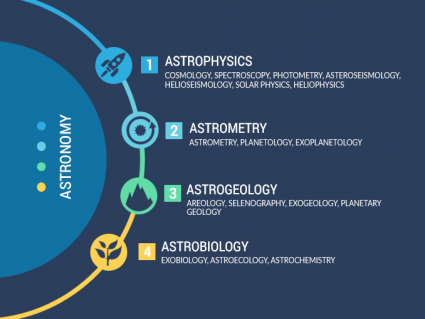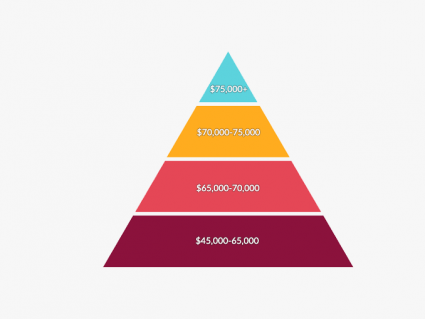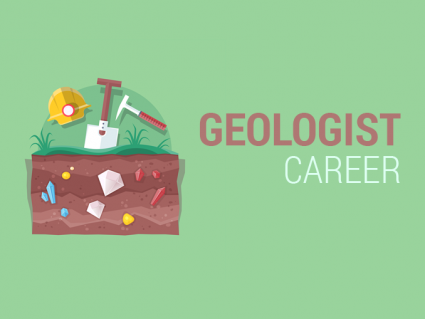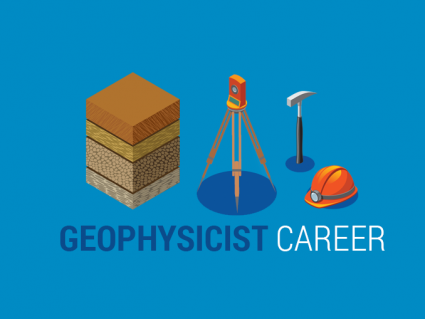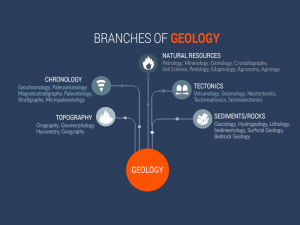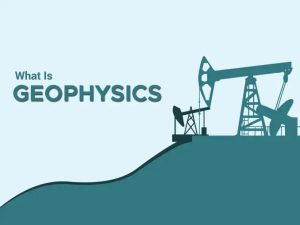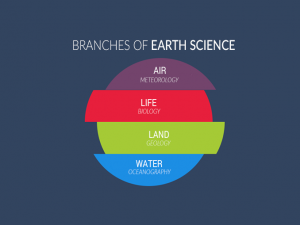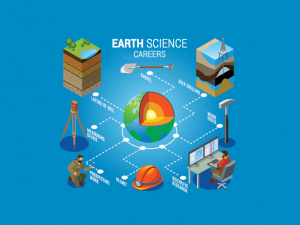What Do Soil Scientists Do?
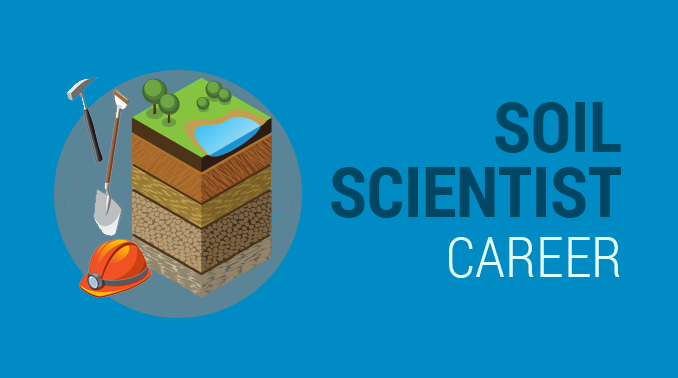
“The human population is growing, and feeding everyone while limiting environmental damage is a huge challenge we face. The key to tackling the problem is understanding and managing soil.”
— Claire Horrocks, Soil Scientist
The quote above is from a soil scientist who worked and traveled in Colombia and Kenya. She became a scientist because she wanted to make a difference. Soil scientists like Claire study the first few meters of Earth’s crust by conducting soil sampling. They work in a variety of industries such as:
They spend a lot of time in the field, working with numbers and calculating statistics. There are a lot of opportunities in soil fertility, hydrology, and erosion. But soil scientists can also find themselves working on improving soil health like Claire.
Some of the industries that hire soil scientists are mining, petroleum, and forestry for environmental impact assessments. So, if you’re interested in carving a path in soil science, let’s review salary, job growth, and typical employers for soil scientists.
How much do soil scientists earn?
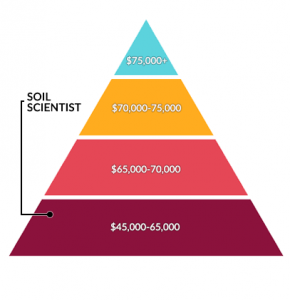
Soil scientists earn an average salary of about 63,000$. Depending on years of experience and education, this amount can go up or down.
If you look at the environmental science salary pyramid, this position is in the mid-pay scale range.
In terms of employment, job opportunities are mostly in the government, education, and private sector.
Consulting tends to pay the best. But consulting is stressful work and you get an unbalanced schedule.
“Soil scientist careers as a whole and job growth is steady with a positive outlook.”
Who hires soil scientists?
Soil scientists carry out various types of field sampling activities in their line of work. They utilize soil sampling equipment, GIS, and GPS in industries such as farming, construction, and forestry.
In the private sector, environmental consulting is one of the biggest employers for soil scientists. Opportunities can range from all aspects of soil science such as fertility, biology, hydrology, or erosion.
- AGRICULTURE: The agriculture sector uses soil scientists to improve soil fertility and crop production.
- NATURAL RESOURCES: Natural resource industries use soil scientists for environmental protection.
- GOVERNMENT: Soil scientists work in government to inform government policies and legislation.
Soil scientists are interested in soil formation factors, classification as well as the physical, chemical, and fertility properties of soils.
What skills do soil scientists need?
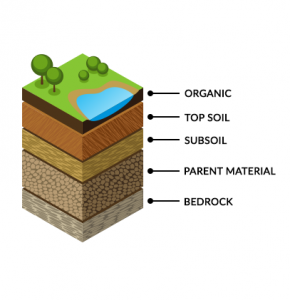
GEOGRAPHIC INFORMATION SYSTEMS (GIS): Soil scientists interpret aerial photography, historical records, and topographic maps. Based on their examination, soil scientists correlate their analysis with ground observations. After mapping out soil resources and types, it goes into a spatial database for display and analysis.
GLOBAL POSITIONING SYSTEMS (GPS): Soil scientists take samples in the field so they have to know their way around. By using a GPS, they can pinpoint core samples taken in the field.
STATISTICAL ANALYSIS: It’s a life of numbers and statistics for most soil scientists. It’s not just expertise in geomorphology, hydrology, soil ecology, and land use assessment. But it’s the report of their field entries Reporting and field entries are common statistical analysis
Soil matters. For example, soil nutrients affect crop production, groundwater quality, and terrestrial environments.
Do soil scientists require a degree or certification?
Most soil scientists have a Bachelor’s Degree often majoring in geology, geotechnical engineering or soil science.
A lot of the entry positions require a Bachelor’s Degree in one of these majors. And a Masters’ or Ph.D. are two options to elevate employment opportunities and salary further.
From your educational background, you should target soil morphology, classification, and genesis. Both pedology and edaphology are the two main branches of soil science. Like other Earth science disciplines, work experience also goes a long way.
Do you want to be a soil scientist and do you have any questions about this field? Please send us your comments and questions below.


